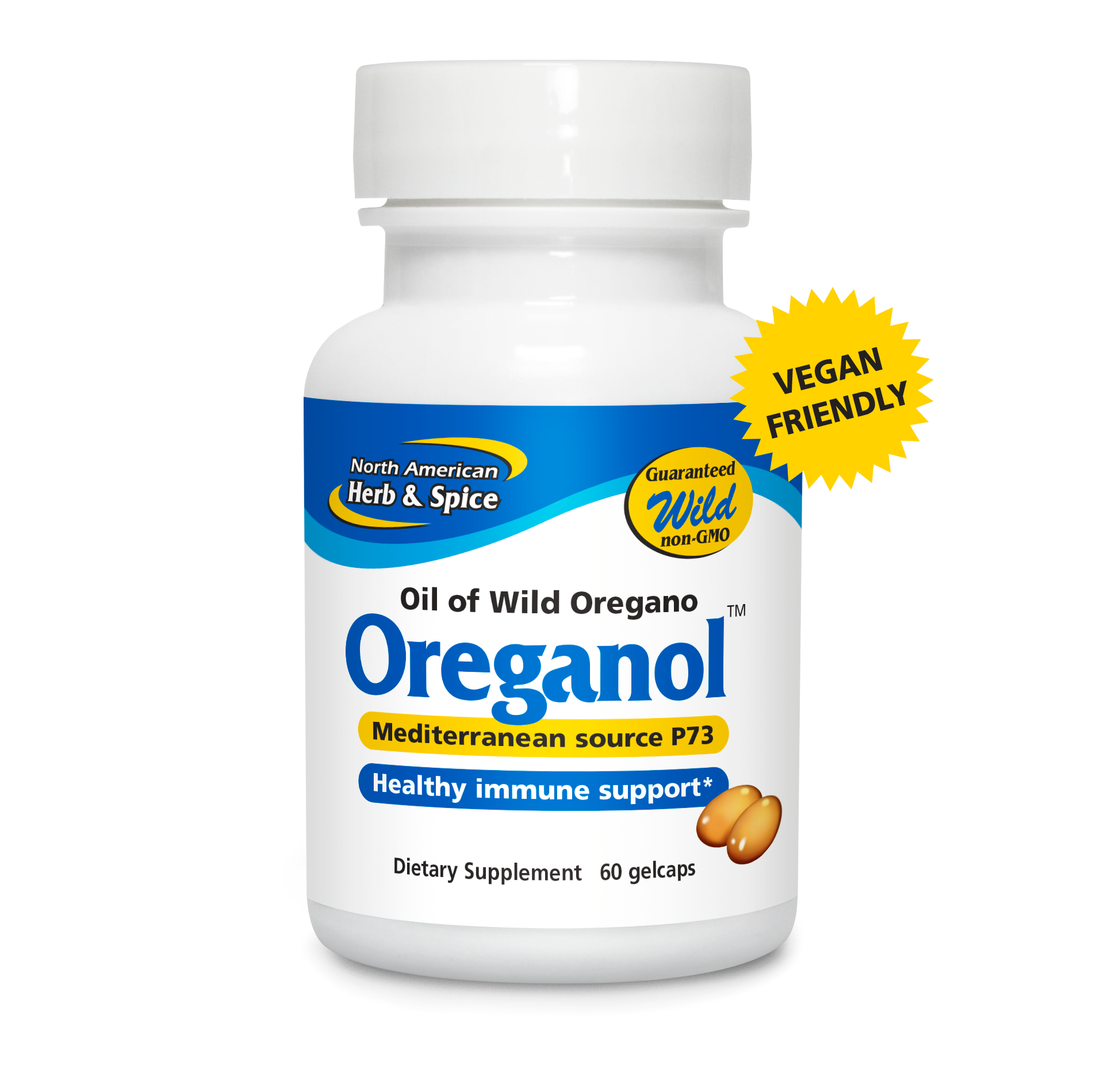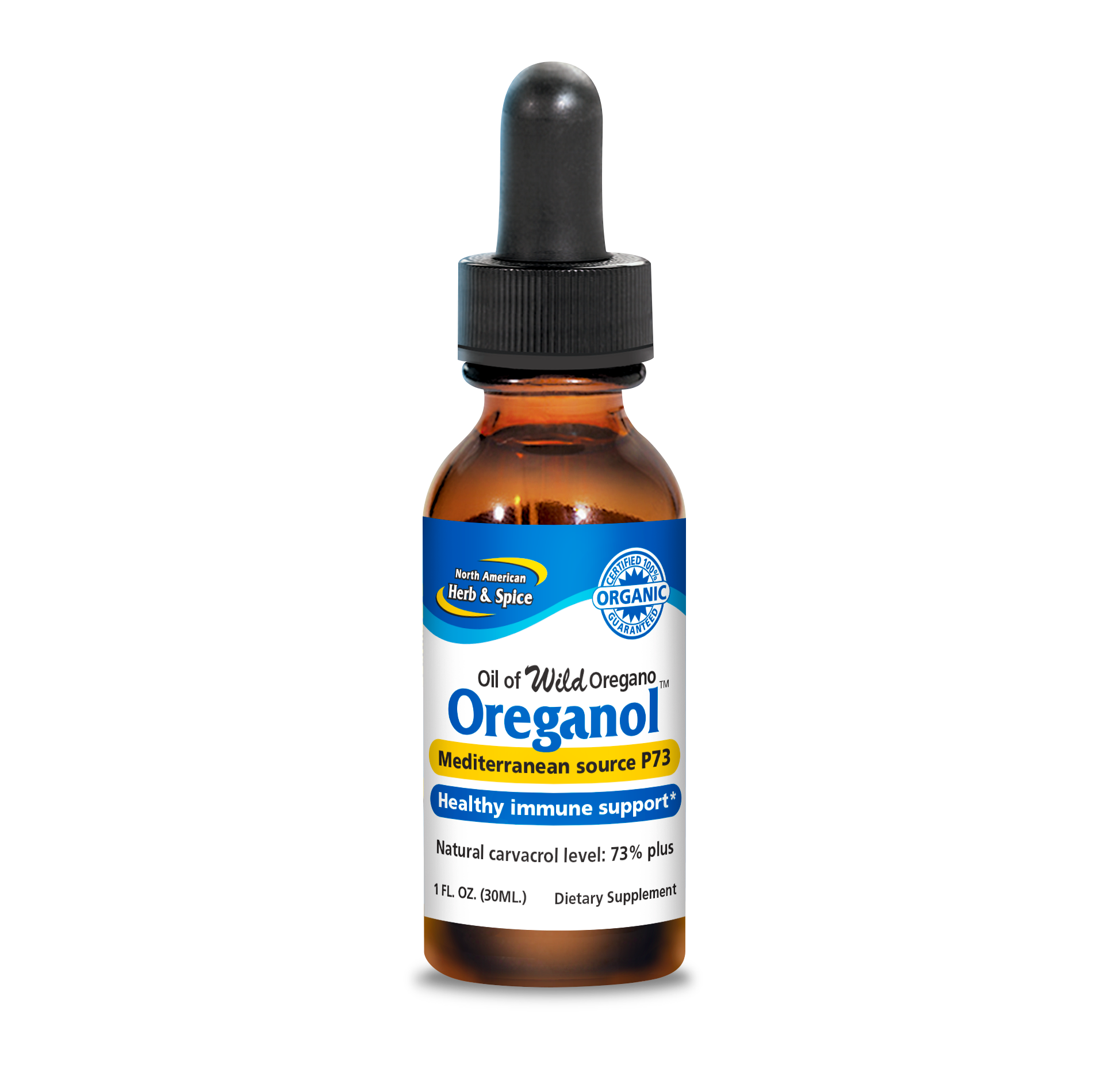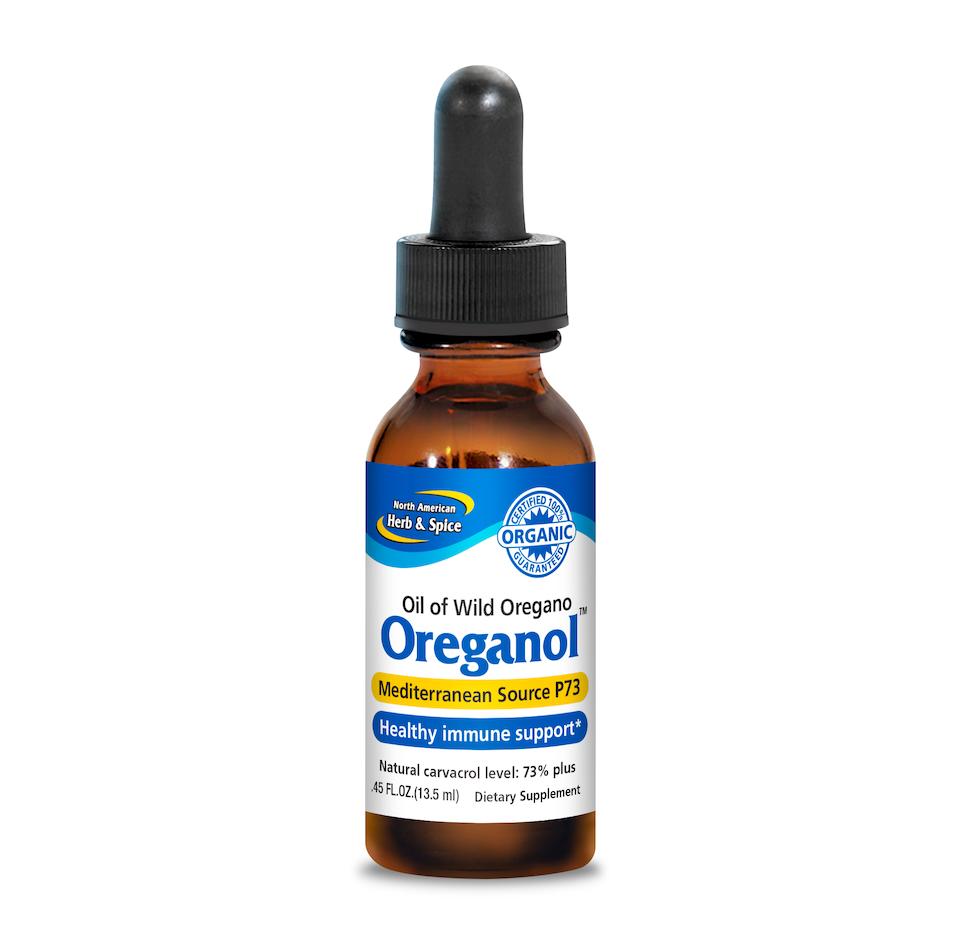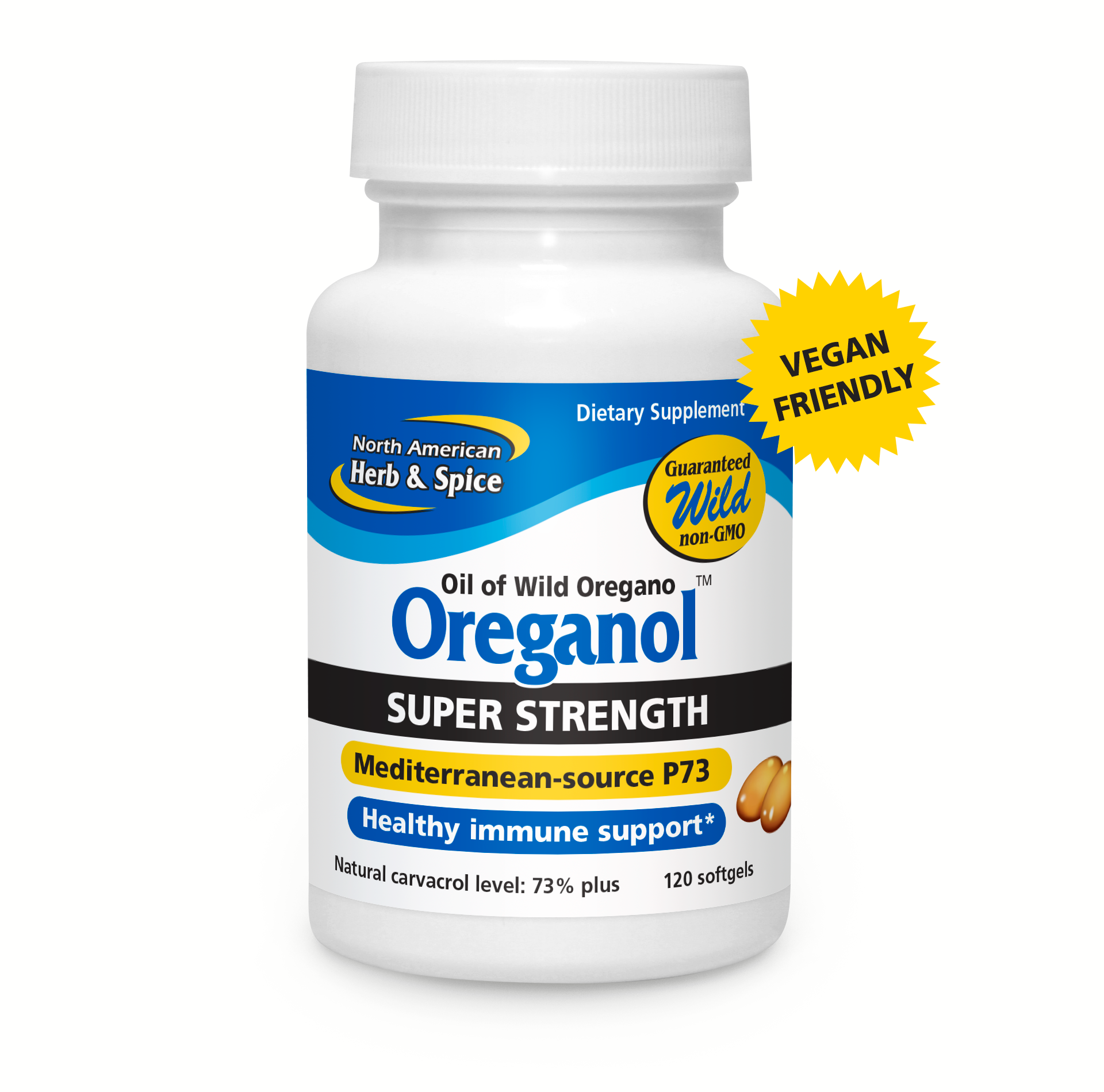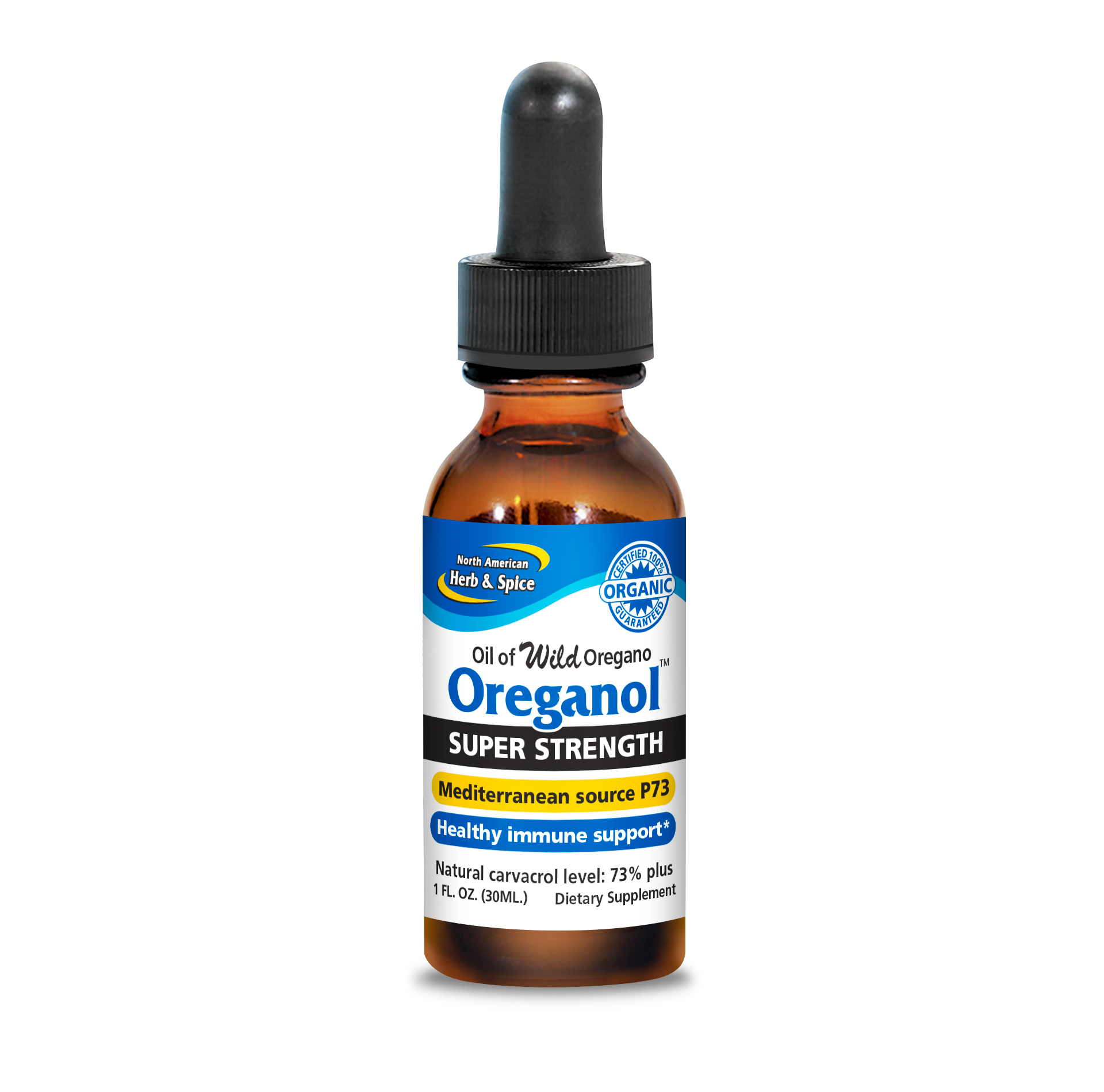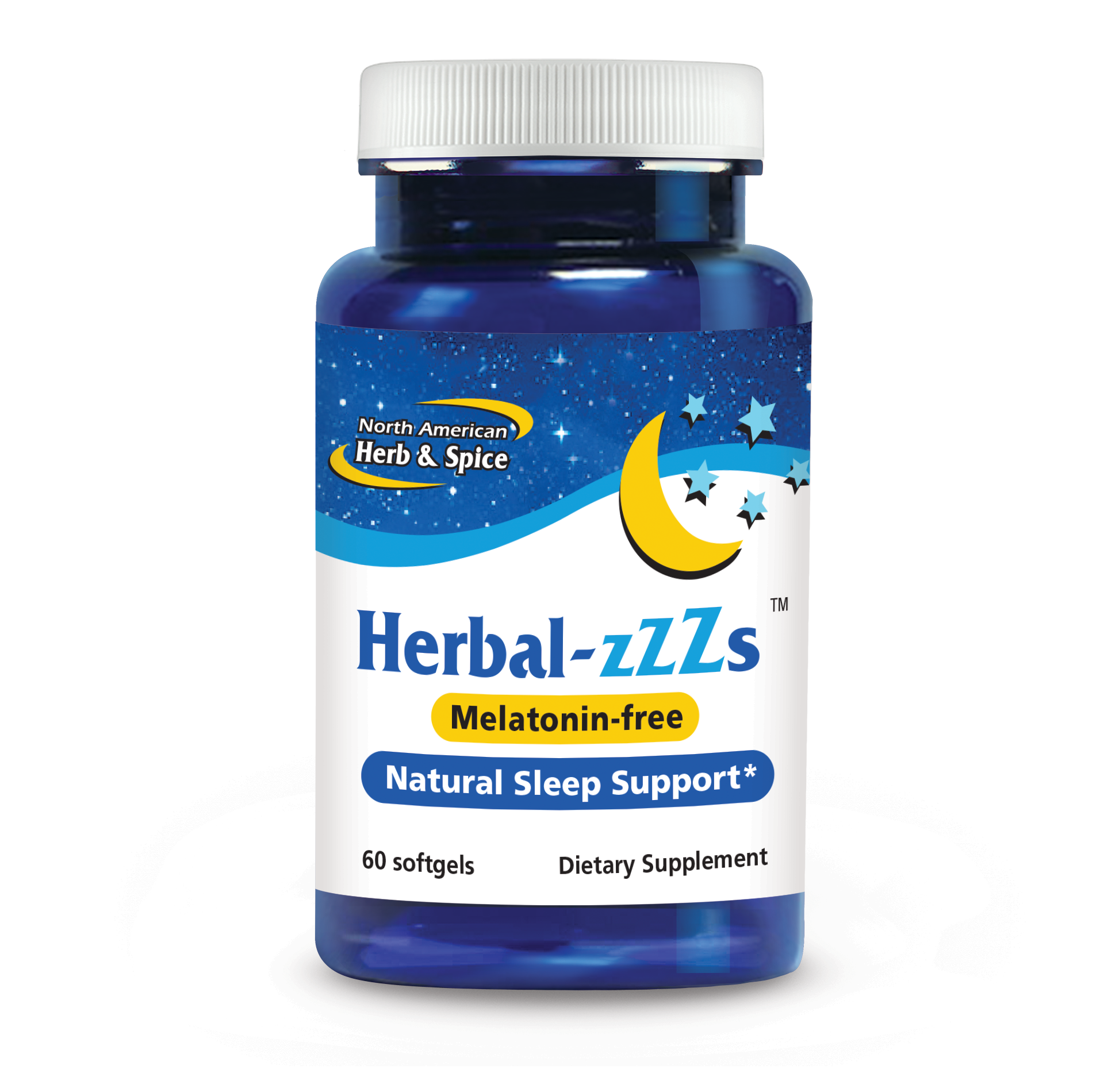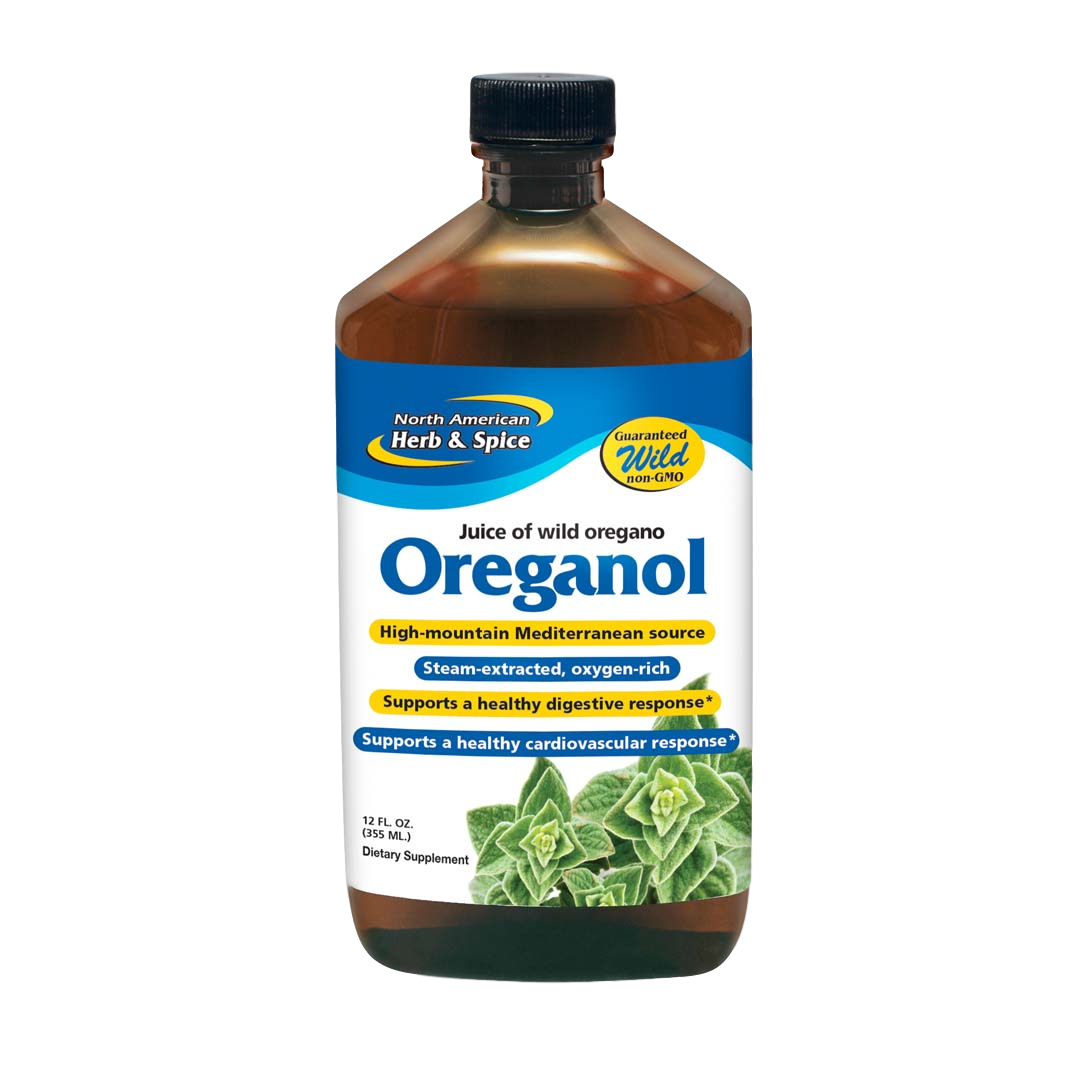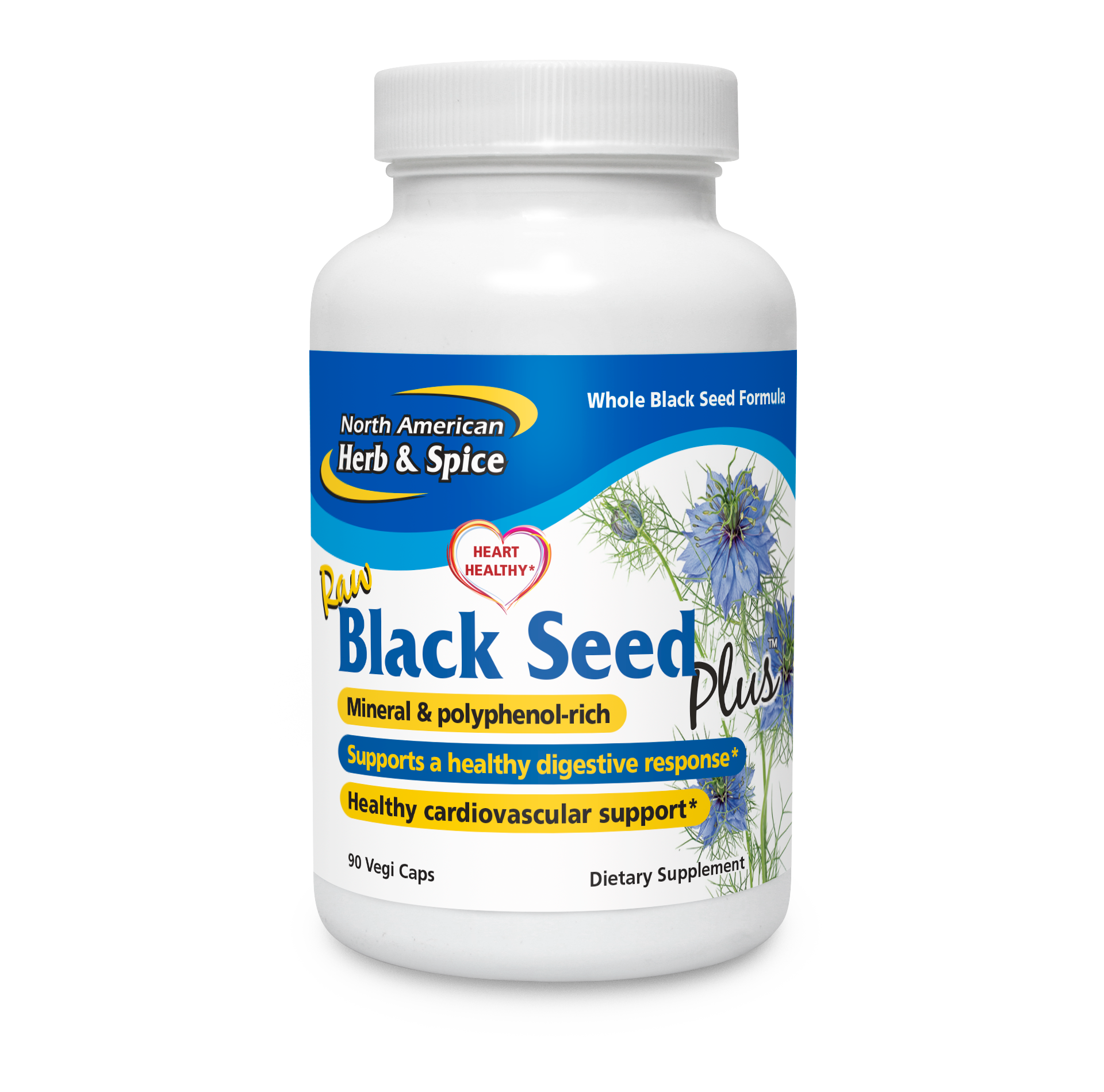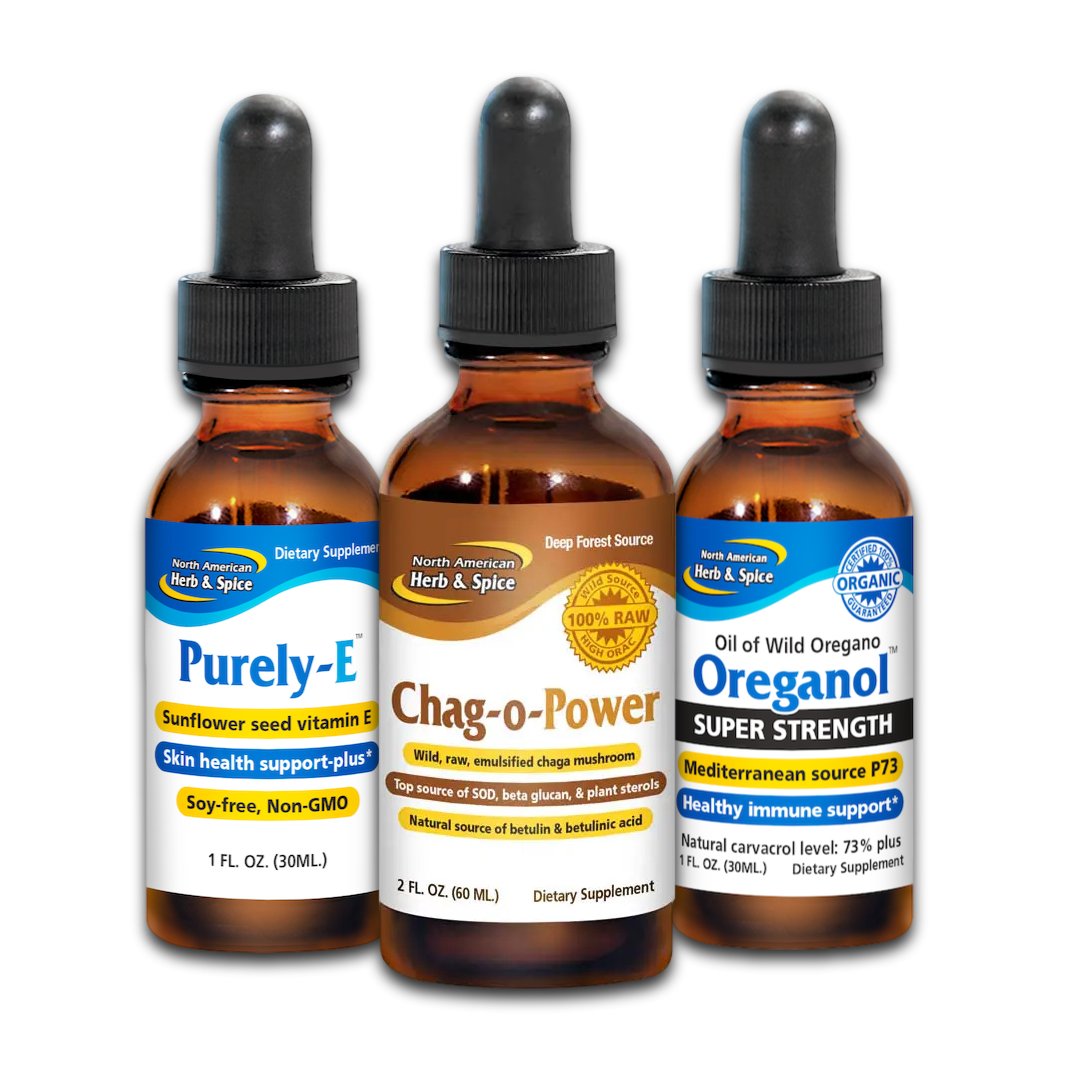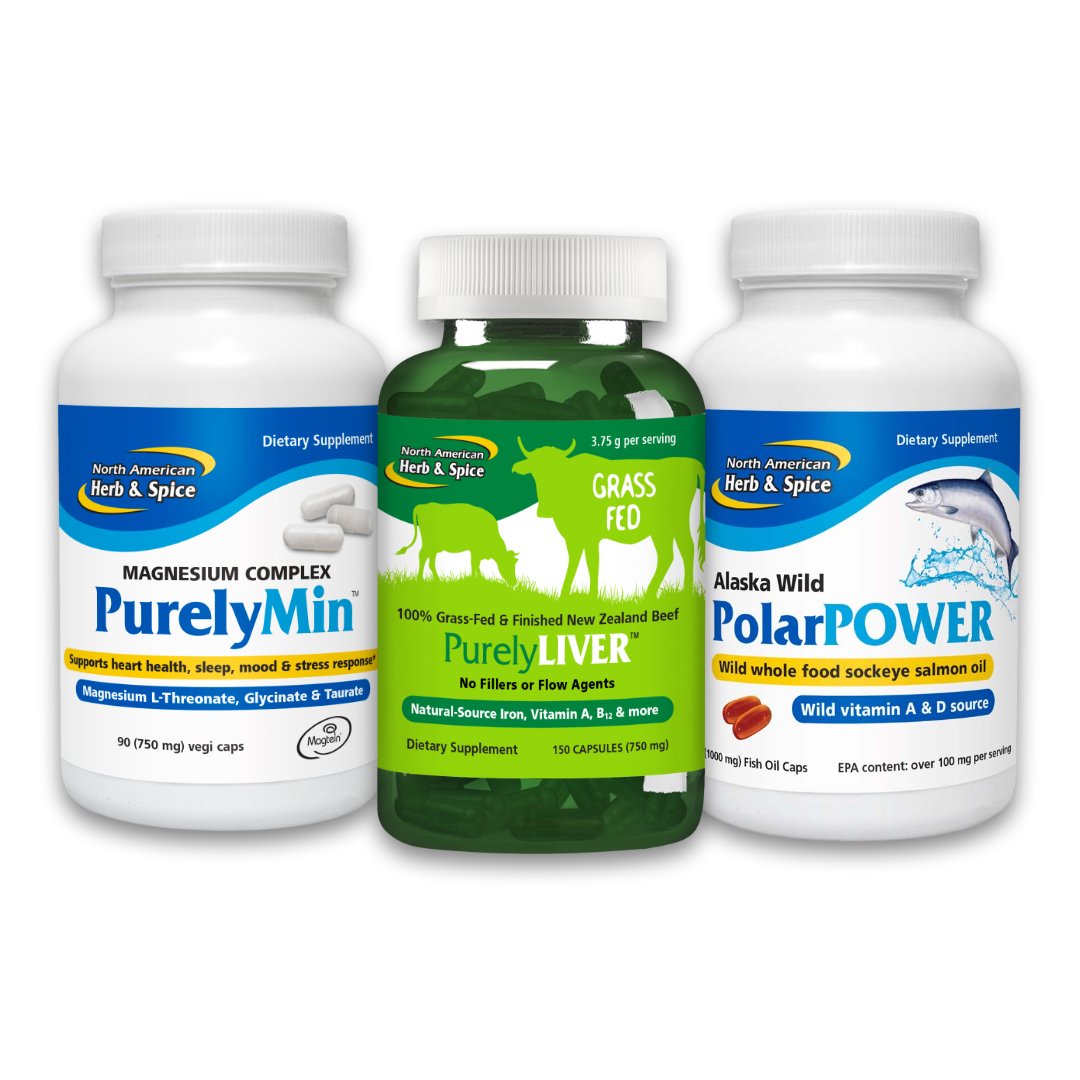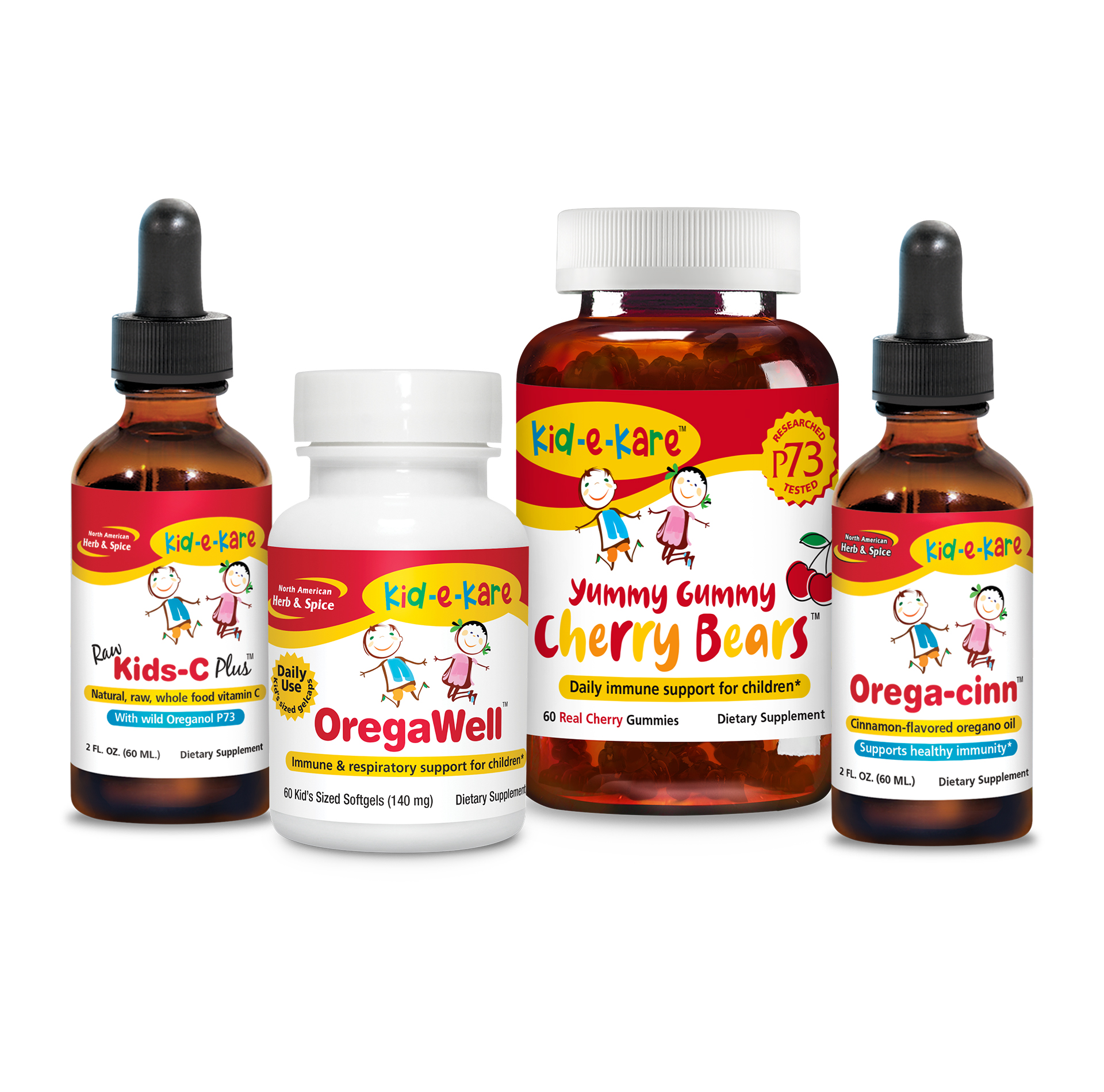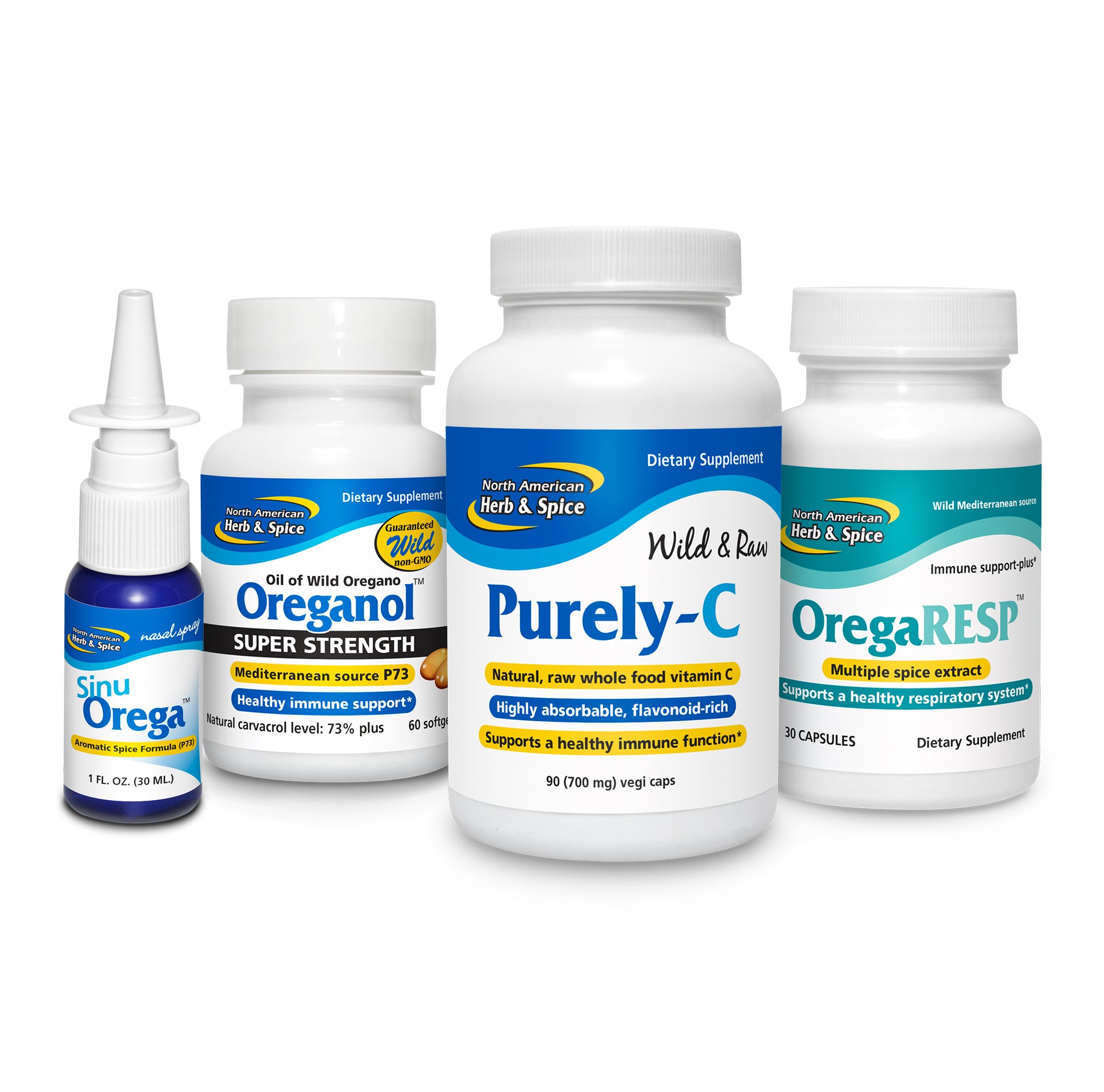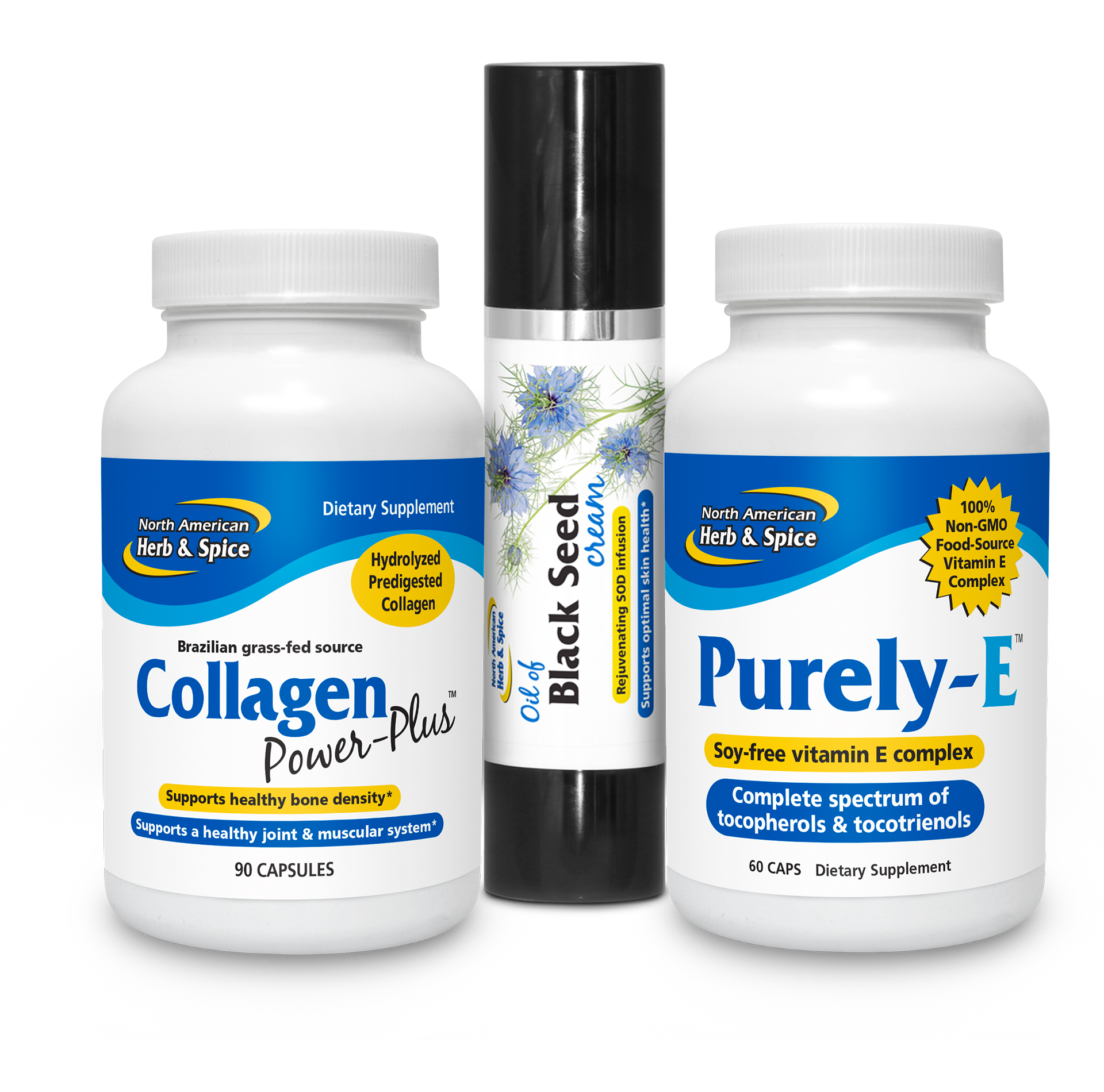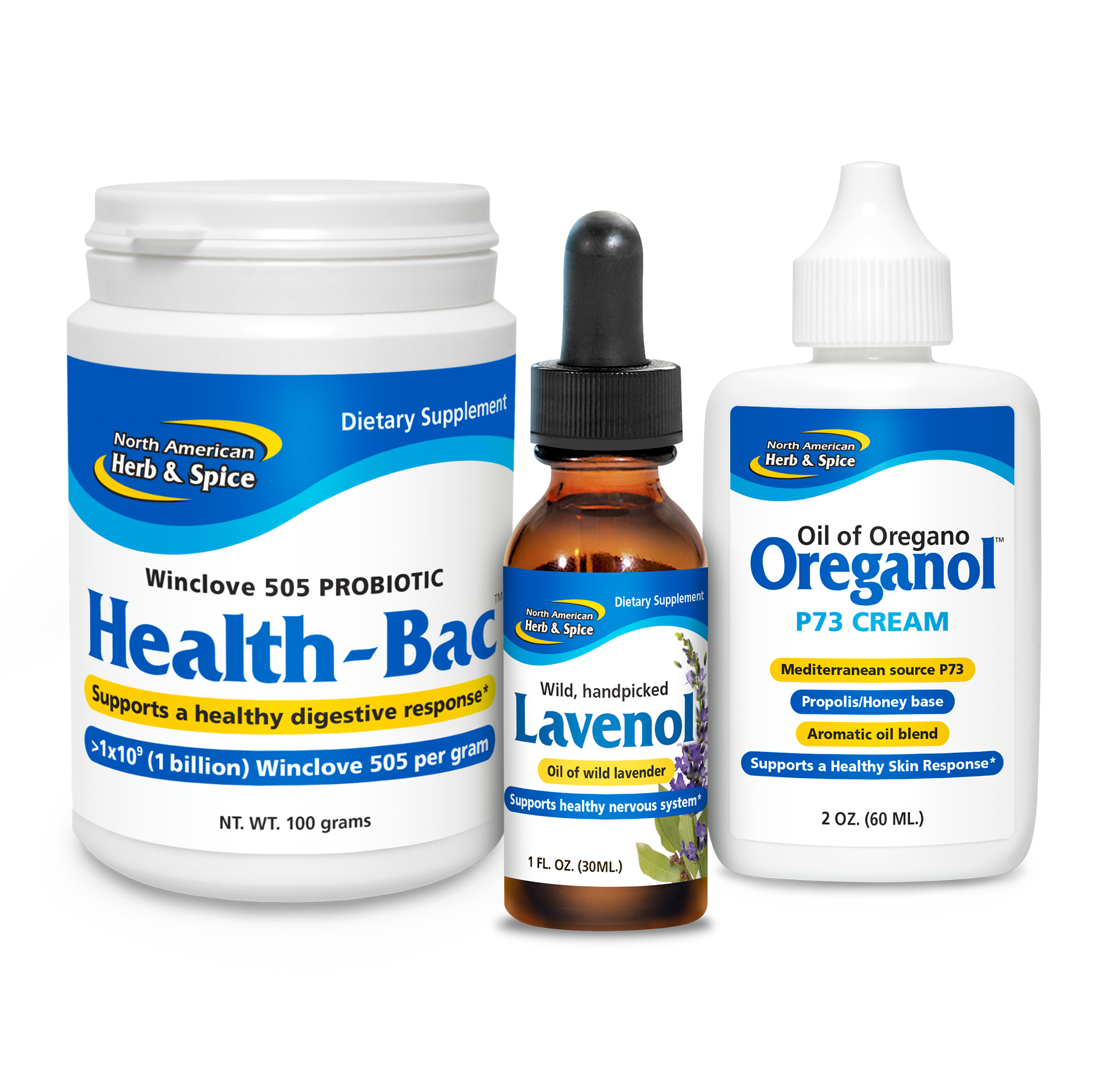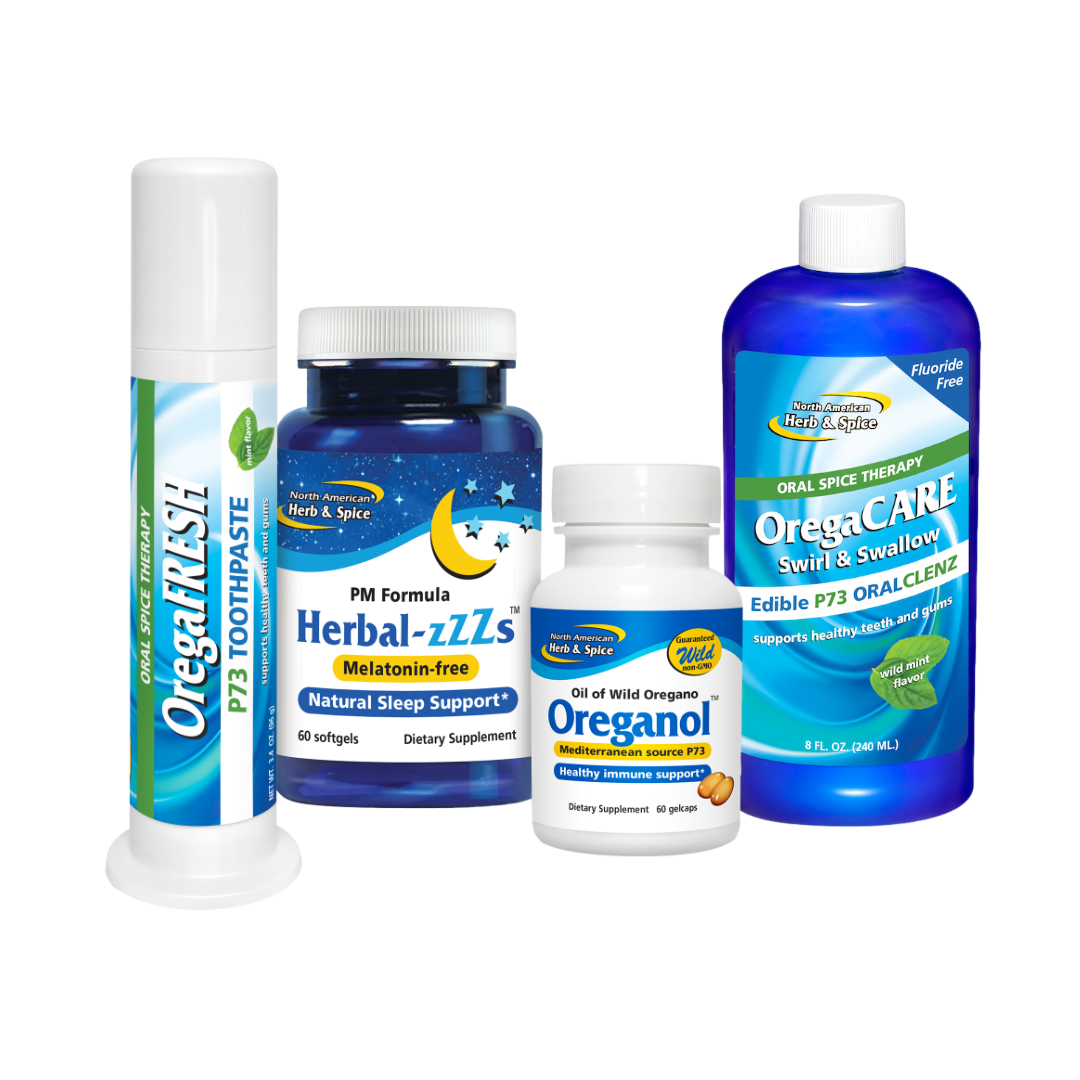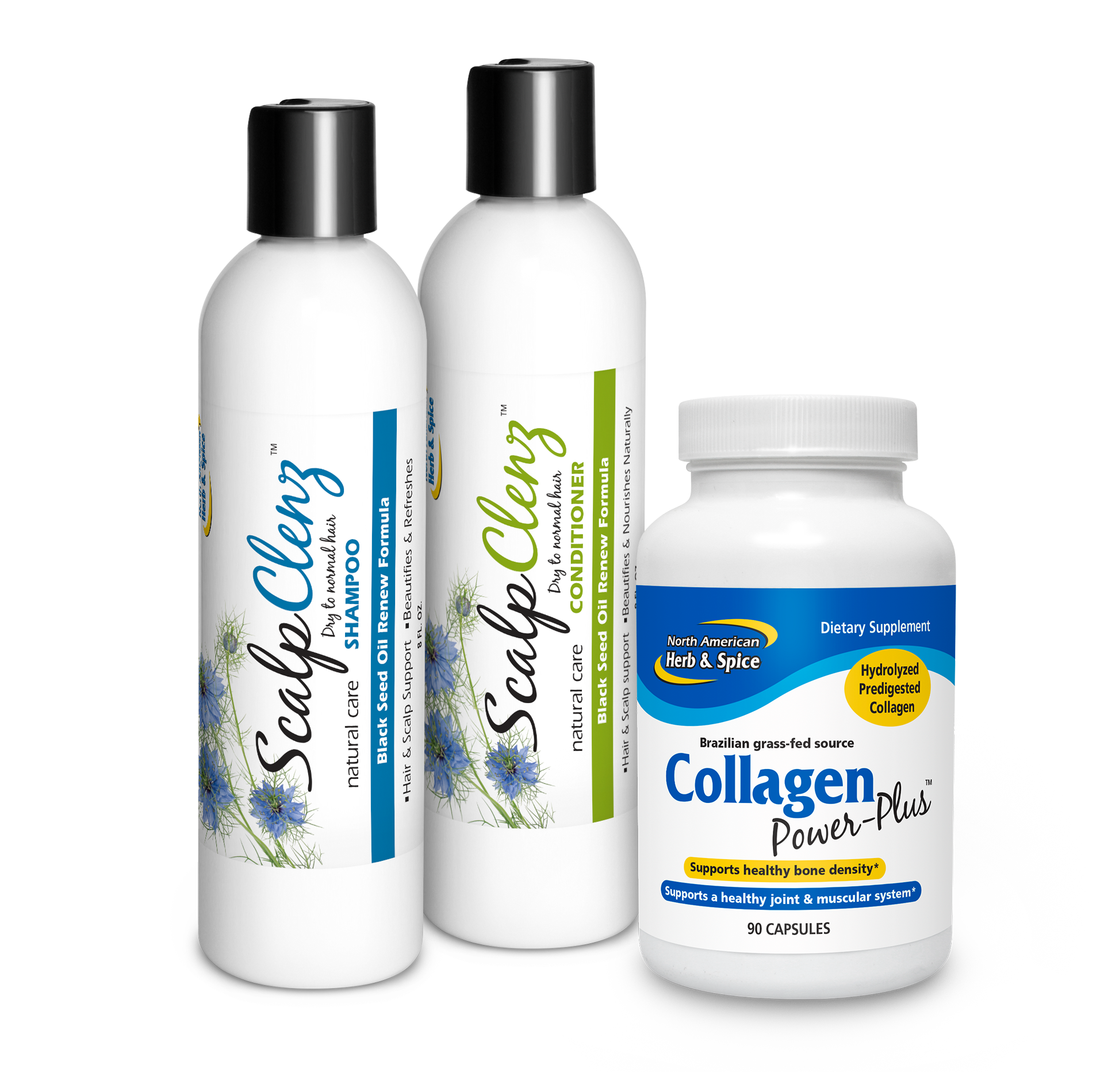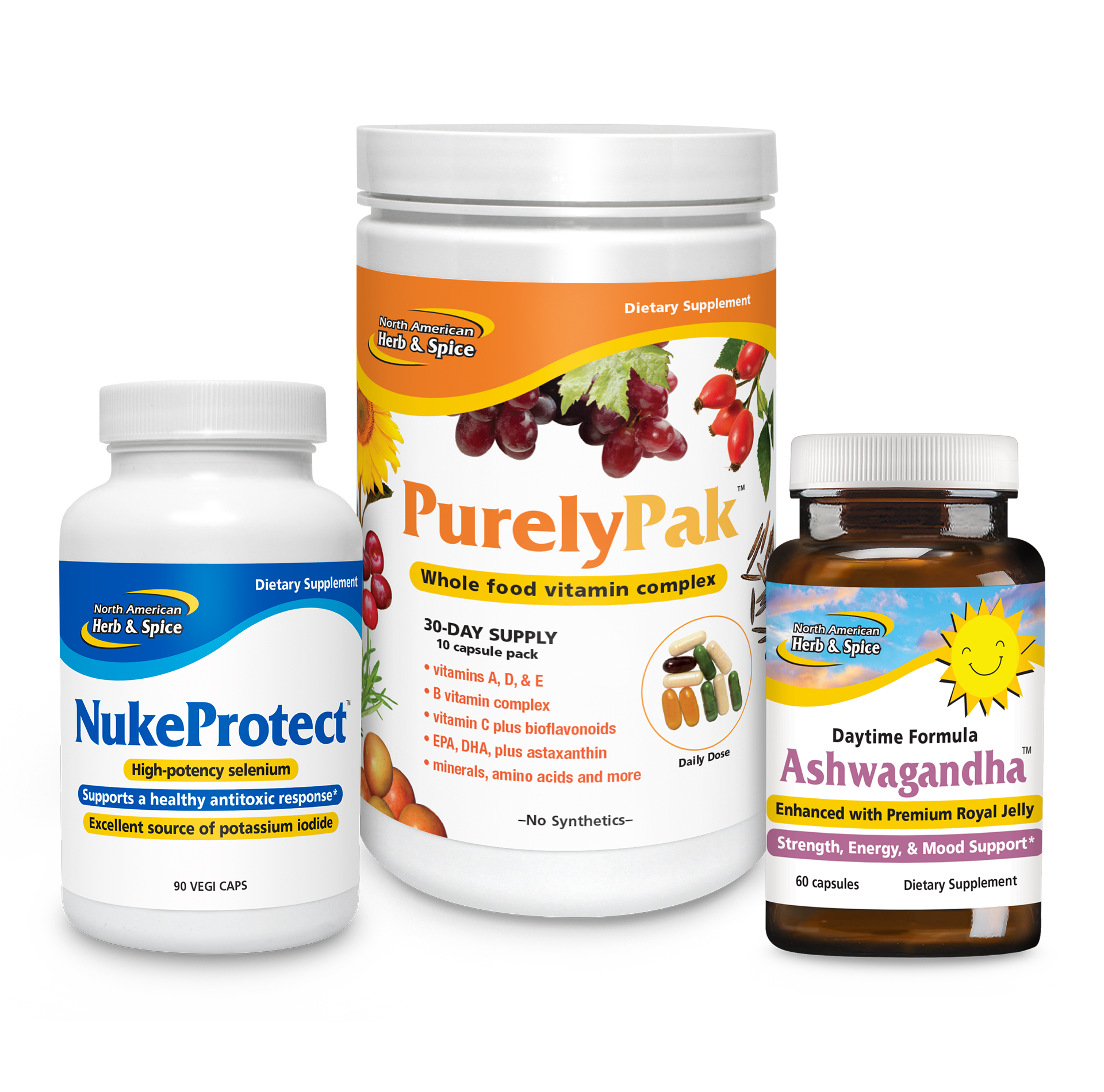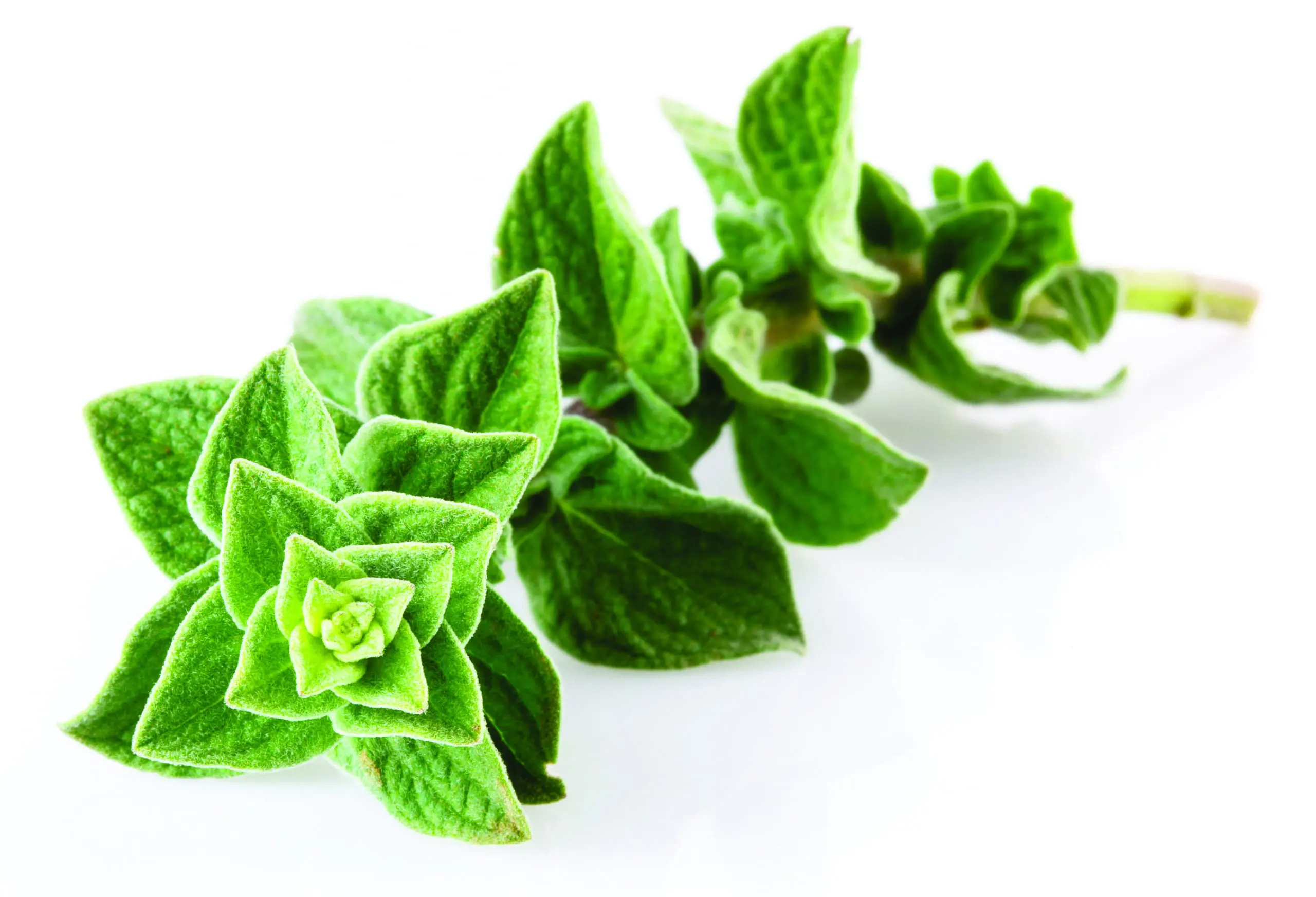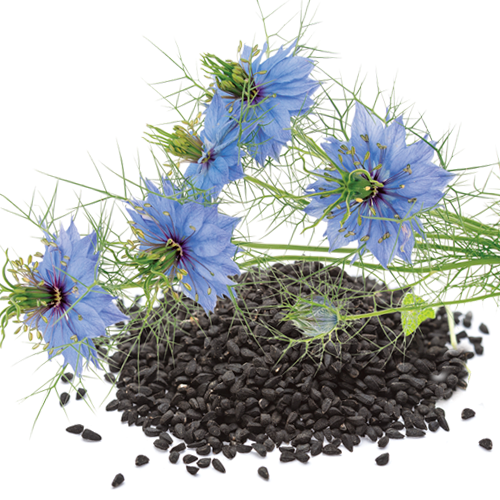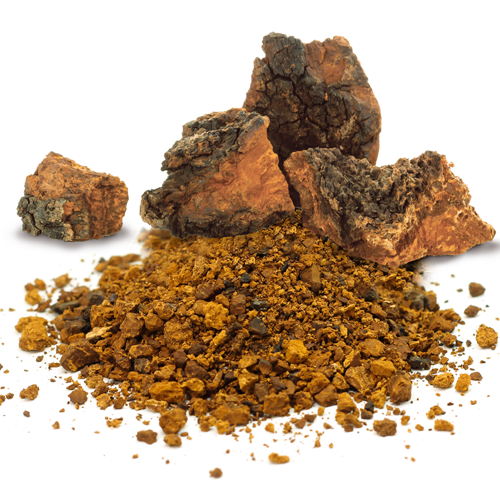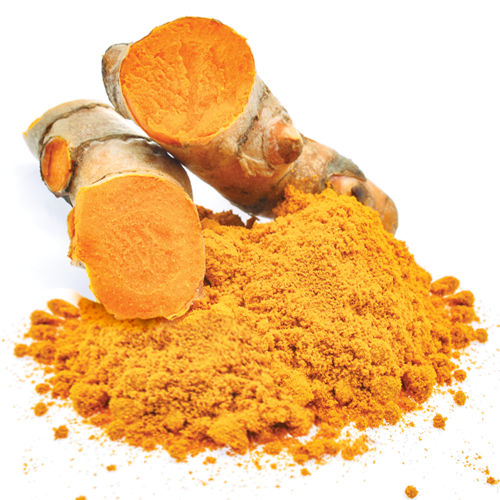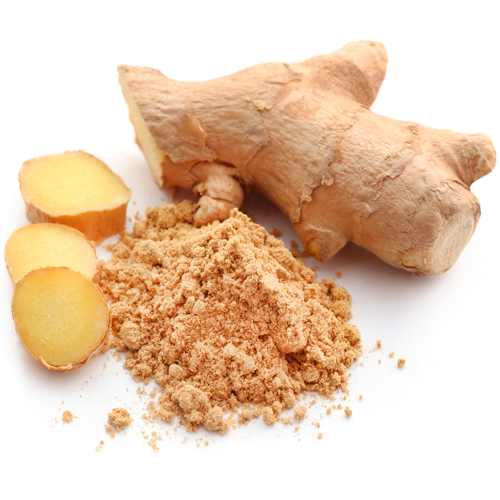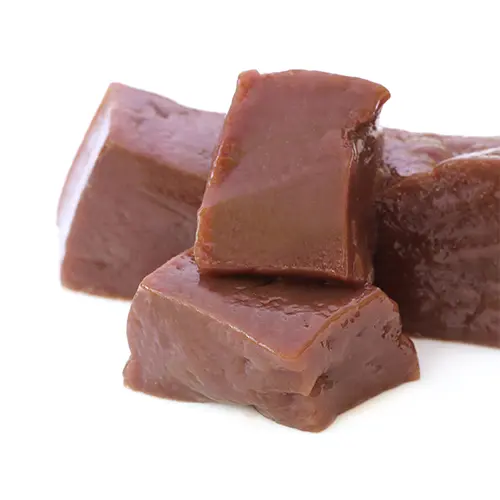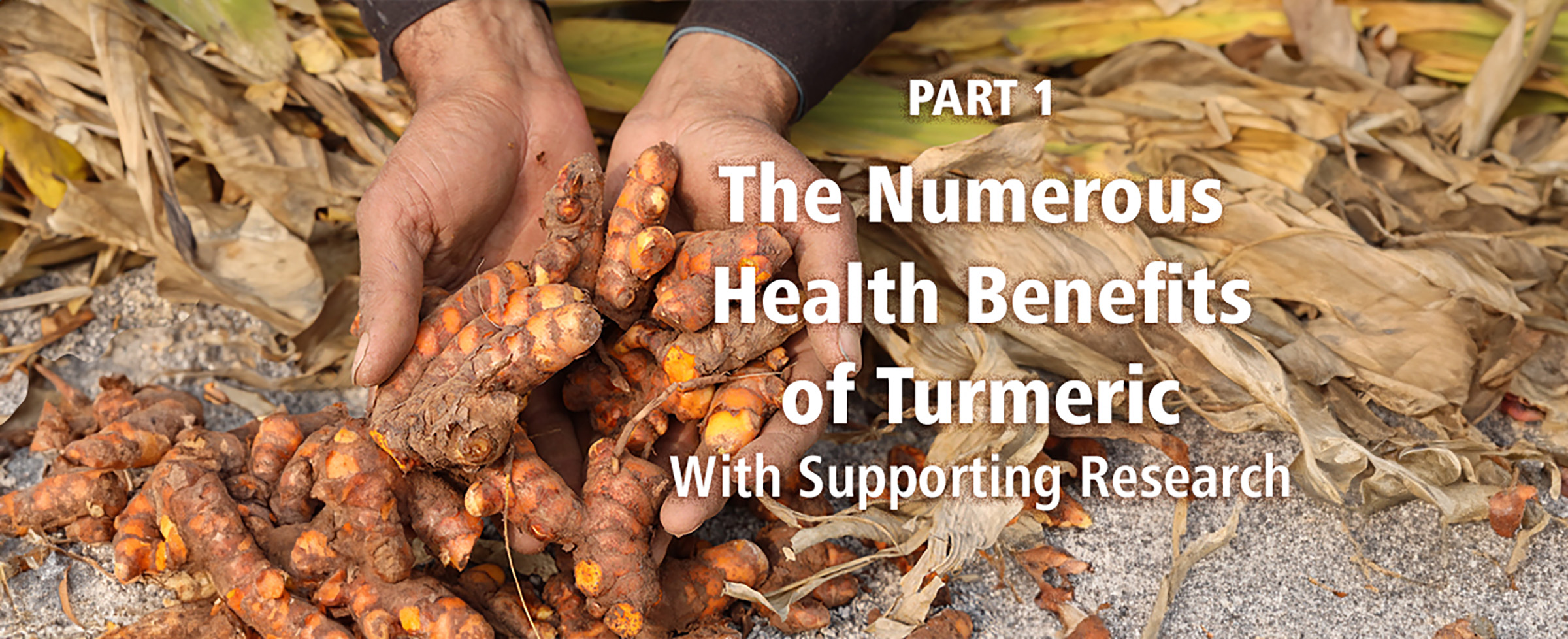
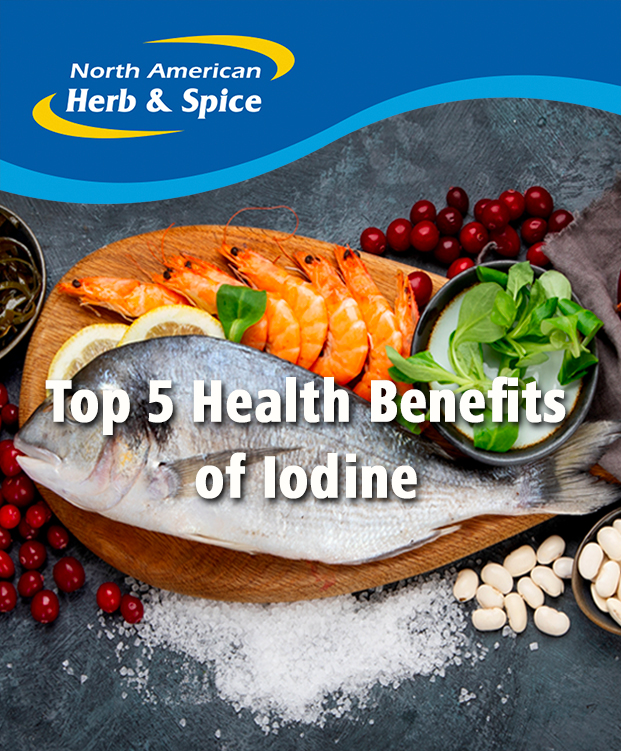
Iodine is an essential trace mineral the body requires for proper growth, development, and metabolic function. As a key nutrient, iodine is primarily known for its role in thyroid hormone production, but its benefits extend far beyond thyroid health. Found naturally in seawater, soil, and certain foods, iodine must be obtained through diet or supplementation, as the body does not produce it.
Iodine deficiency remains a global health concern, particularly in regions where soil iodine levels are low, leading to potential health issues such as thyroid disorders, cognitive impairment, and developmental delays. It is estimated that some 2 billion people worldwide are lacking sufficient Iodine levels. Ensuring adequate iodine intake is crucial for maintaining optimal health at every stage of life.

Daily Iodine Requirements by Age and Gender1
|
Age Group |
Recommended Daily Intake (mcg) |
|
Infants (0-6 months) |
110 mcg |
|
Infants (7-12 months) |
130 mcg |
|
Children (1-8 years) |
90 mcg |
|
Children (9-13 years) |
120 mcg |
|
Teens (14-18 years) |
150 mcg |
|
Adults (19+ years) |
150 mcg |
|
Pregnant Women |
220 mcg |
|
Breastfeeding Women |
290 mcg |
(Source: NIH Office of Dietary Supplements)1
1. Supports Thyroid Health
Iodine is a crucial component in the synthesis of thyroid hormones, thyroxine (T4) and triiodothyronine (T3), which regulate various bodily functions, including metabolism, growth, and development.2 Adequate iodine intake ensures the thyroid gland functions properly, preventing disorders such as hypothyroidism and goiter.2
(Source: NIH)2
2. Enhances Cognitive Function
Iodine deficiency, particularly during critical developmental periods, can lead to cognitive impairments.3 Studies have shown that chronic, moderate to severe iodine deficiency, especially in children, can reduce IQ by approximately 12–13.5 points!3 Ensuring sufficient iodine intake is essential for optimal neurological development and cognitive performance.3
(Source: NIH)3
3. Supports Breast Health
Iodine plays a role in maintaining breast tissue health.4 Research suggests that iodine helps regulate estrogen activity and fibrocystic breast changes, which can cause tenderness and lumpiness.4 Some studies indicate that iodine deficiency may be linked to an increased risk of breast-related discomfort.4
(Source: NIH)4
4. Preserves Skin Health
Iodine contributes to skin health by supporting wound healing, the body’s response to oxidative stress, and helping regulate sebaceous (oil) gland function.5 These factors make Iodine ideal for healthy skin repair and gland regulation. Additionally, iodine deficiency is linked to dry, flaky skin.5
(Source: NIH)5
5. Promotes Fetal and Infant Development
Adequate iodine intake during pregnancy and lactation is crucial for the development of the fetal and infant brain and nervous system.6 Iodine deficiency during these critical periods can lead to developmental delays and cognitive impairments.6 Health authorities recommend that pregnant and breastfeeding women ensure sufficient iodine intake to support their child's development.6
Iodine as An Essential Nutrient in the First 1000 Days of Life, Source: PMC6
Top Food Sources of Iodine7
|
Food |
Iodine Content (mcg per serving) |
|
Seaweed (Kelp) (1g dried) |
16-2,984 mcg |
|
Cod (3 oz) |
99 mcg |
|
Yogurt (1 cup) |
75 mcg |
|
Iodized Salt (1/4 tsp) |
71 mcg |
|
Shrimp (3 oz) |
35 mcg |
|
Egg (1 large) |
24 mcg |
|
Tuna (3 oz) |
17 mcg |
|
Turkey Breast (3 oz) |
34 mcg |
|
Cottage Cheese (1/2 cup) |
26 mcg |
|
Baked Potato with Skin (1 medium) |
60 mcg |
(Source: NIH Office of Dietary Supplements)7

Why Kelp is Ideal
Kelp is nature's sophisticated way to support healthy hormone function, especially the function of the thyroid and ovarian systems. It is crucial to get kelp from clean sources with reduced pollution risk, and because of contamination from Fukushima radiation Pacific Coast kelp is no longer desirable. Superior sources include the Icelandic area and Atlantic Ocean region. Use such high-quality kelp to support healthy thyroid, breast, and ovarian function while also supporting the health of the immune system and male gonads.
Conclusion
Iodine is indispensable for various bodily functions, from supporting thyroid health to ensuring proper cognitive development. Maintaining adequate iodine intake through diet or supplementation, as appropriate, is essential for overall well-being.
Best Supplements for Iodine
Thyroset: To support a healthy thyroid response use Thyroset.* Powered by wild rosemary and oregano Thyroset contains as key active ingredients the amino acid tyrosine, along with remote source Atlantic Ocean kelp. Take two capsules twice daily.
Nuke Protect: Supports the thyroid with natural potassium iodine.* With premium sourced selenium and an ORAC profile six times more potent than blueberries, it is ideal for those needing optimal antioxidant support. Taken daily, NukeProtect supports immune health, especially during these uncertain times.* For children and adults 150 pounds or more take two to four capsules daily.
Note: This article is for informational purposes only and does not constitute medical advice.
*This statement has not been evaluated by the Food and Drug Administration. This product is not intended to diagnose, treat, cure, or prevent any disease.
Inflammation is a natural response by the body to injury, infection, or irritation. While acute inflammation is essential for healing, chronic inflammation can contribute to various health issues, including joint discomfort, cardiovascular challenges, and metabolic imbalances. Fortunately, nature offers an array of powerful ingredients that can help support the body’s inflammatory response and promote overall well-being. This article explores the benefits of Wild Turmeric and Oregano, Ginger, Rosemary, Blackseed, Bromelain, Omega-3s, and topical camphor, providing a comprehensive strategy to manage inflammation effectively.

Understanding Inflammation
Chronic inflammation occurs when the body’s immune response is persistently activated, leading to damage in healthy tissues. It is said that inflammation can be thought of as “the root of all disease.” Think about it as a wildfire that springs up in our body. You want to be able to control this fire and put it out. Otherwise, given enough time and the right conditions, it can spread and overwhelm the ability to extinguish the flames. Factors such as diet, stress, environmental toxins, and insufficient physical activity can exacerbate this condition. Addressing inflammation holistically involves dietary choices, supplementation, and lifestyle practices that reduce stress on the body.
Ingredients for Inflammation Support
1. Wild Turmeric
Wild Turmeric is a standout due to its active compounds, curcuminoids, and turmerones. Curcumin, and to a lesser degree, turmerones, have been studied for their ability to support a healthy inflammatory response to inflammation factors and oxidative stress.*1 It is particularly beneficial for joint health and a balanced immune response.*1 Learn more here.1
2. Ginger
Ginger has been used for centuries as a natural remedy for inflammation and pain.2 Its bioactive compounds, such as gingerol, are known to support a healthy inflammatory response and for its soothing actions on the stomach.*2 It is one of the most recognized and well-tolerated spices on the Earth, a staple in most cultures. Read about its effects.2
3. Wild Oregano
Rich in powerful plant compounds like carvacrol and thymol, Wild Oregano is a potent herb with extremely high amount of antioxidants, an important factor in supporting the body’s inflammation response.*3 The great thing about wild oregano is the benefits can be enjoyed topically as well. Many users of this Mediterranean herb experience soothing effects from rubbing the oil on their hands, feet, spine, and shins for example.*3 Oregano oil supports healthy circulation, encouraging normal blood flow, another helpful factor.*3 Discover the research.3
4. Rosemary
Rosemary contains rosmarinic acid, a compound that supports the immune system and the body’s inflammatory response, simultaneously.*4 It can be used topically. It has been shown to support joint health, muscle function, and circulation.*4 It is important to note that Rosemary is well-known for its neurological health benefits.*4 Therefore it can be useful for supporting a healthy inflammation response in the brain.*4 See the studies.4
5. Blackseed Oil
Blackseed, or Nigella sativa, is celebrated for its powerful antioxidant properties and another ideal tool for supporting the body’s inflammatory response.*5 Black Seed oil doesn’t stop there. It will also support healthy immune, heart, digestive, and respiratory functions.*5 Thymoquinone in Black Seed has been indicated as one of the responsible compounds for these beneficial effects in the published research. Learn more.5
6. Bromelain
Bromelain is an enzyme found in pineapples, especially concentrated in the core of the fruit. There are thousands of studies to back up its use for healthy inflammatory support.*6 It’s particularly helpful with swelling and discomfort associated with injuries or surgeries, according to the research.*6 Bromelain also supports optimal gut function, which is closely linked to overall inflammation levels and health.*6 Explore the science.6
7. Omega-3 Fatty Acids
Omega-3s, found in fatty fish, flaxseeds, and walnuts, are essential for managing inflammation.*7 The best-absorbed forms come from animal sources, like wild-caught salmon, because they offer DHA and EPA, critical fatty acids that help metabolize omega 3s in the body. DHA and EPA from Omega 3s are paramount for brain health, from early development to old age.*7 They help balance the production of pro-inflammatory molecules and support cardiovascular, brain, and joint health, according to the research.*7 Check out the research.7
8. Topical Camphor
Camphor is a natural remedy applied externally to support the body’s response to pain and inflammation.*8 Its cooling sensation on the nerve endings provides temporary relief for sore muscles and joints while increasing circulation to affected areas.*8 Read more about it.8
9. Magnesium
This master mineral is essential for your body’s healthy response to inflammation.*9 It is a standout for supporting brain, muscle, heart, and bone function.*9 Afterall, magnesium is a necessary cofactor in over 600 biochemical processes in the body!*9 It is essential for normal muscle contraction, which is why people experience more cramping when they aren't getting enough in their diet.*9 This issue is all too common, with more than 50% of people in the United States deficient in this critical nutrient.*9 For ages 60+ the number of deficiencies in the population can be higher. Magnesium also supports a healthy blood pressure response, because of its relaxation effects on the heart muscle.*9 See the Research.9
Creating Your Inflammation Support Plan
Integrating these health tips into your daily routine can help you take the benefits even further.

Incorporate The Right Foods
- Cook with coconut oil, beef tallow, grassfed butter, or 100% avocado oil only.
- Use Omega-3-rich foods like wild salmon, chia seeds, fresh organic fruit, and avocados daily.
- Reduce sugar intake and the amount of carbohydrates you eat. Increase your protein intake.

Consider Supplementation
- High-quality supplements containing Blackseed, Bromelain, and Omega-3s can provide concentrated doses that are much higher than what you would have in the diet.
- Look for trusted brands with third-party testing to ensure purity and potency, like North American Herb & Spice!

Use Topical Camphor and Wild Oregano
- Apply camphor-based creams or oregano oil to sore muscles and joints as needed for quick soothing action.

Prioritize a Balanced Lifestyle
- Stay Active: Regular exercise supports circulation and reduces systemic inflammation.
- Manage Stress: Practices like meditation, prayer, and deep breathing can lower stress-induced inflammation.
- Get Quality Sleep: Rest is crucial for recovery and reducing inflammation. The hours of sleep you have before midnight are even more beneficial.
- Fasting: The inflammation supporting effects are undeniable. Overeating can be a culprit behind excess pain in the body. Giving the digestive tract a break can make all the difference. Start with daily intermittent fasting, (16-18 hours). Some people do a 24 hour fast once a week or monthly.
NAHS Product Formulas Containing These Ingredients
- Turmeric Power Plus
- Pain EEZ Spray or Rub
- InflamEEZ Capsules
- Polar Power Capsules or Oil
- Purely Min Triple Magnesium
Final Thoughts
Inflammation doesn’t have to control your life. With the right tools and a proactive mindset, you can support your body’s natural defenses and promote overall well-being. Make this plan your guide to reducing inflammation and achieving optimal health in the months ahead.
*Disclaimer: These statements have not been evaluated by the Food and Drug Administration. This article is not intended to diagnose, treat, cure, or prevent any disease. Always consult with a healthcare professional before making significant changes to your health routine.

